by Ken Long
Successful military planners for years have employed a three phase approach to battlefield success.
By organizing their battle space and time into the phases of: Plan, Prepare and Execute, military planners have established a history of success. This mental model can be applied directly to improve your trading practice.
Each of these phases deserves attention from traders who would seek to achieve high levels of performance in their trading practice.
In other articles, I have examined how to apply planning and execution principles to your trading plan.
Let’s look more closely at preparation, and some key points to emphasize.
Traders must have in their hands a detailed plan that has been deliberately developed based on their known strengths and weaknesses, and the nature of the markets and trading targets they propose to employ. The plan should describe filters and scanning criteria, stalking, entry signals, appropriate position size to manage risk, a number of exit strategies that preserve capital and lock in profits, and a plan to re-enter, if required.
Based on the detailed plan then, the trader begins to assemble the resources required to put the plan into operation. This consists of ensuring that your trading environment is suitable for uninterrupted, focused attention to the task at hand.
It includes ensuring that all materials needed for reference are available, and that your hardware and software configuration is in good working order and sufficiently robust to give you an edge or at least allow you to compete on an equal basis. The equipment check also includes plans for backing up critical information and redundant means of communication with the broker in the market itself.
It is during the preparation phase that the trader will conduct critical rehearsals of important decisions with as many iterations and scenarios as is practical and useful. The best rehearsals duplicate the conditions under which the decision in question must be made. A trader’s rehearsal, therefore, could include reviewing critical chart patterns or practice trading with a trading simulator or paper trading while the market is open or prototype trading with very small position sizing and real money.
The most important part of rehearsing, though, is to ensure that you are prepared to act in the moment when the conditions are right based on your deliberate plan. This is especially important for traders who experience difficulty in pulling the trigger, based on their uncertainty and nervousness.
These are just a few of the useful and powerful insights that traders can apply from the world of military planning.

